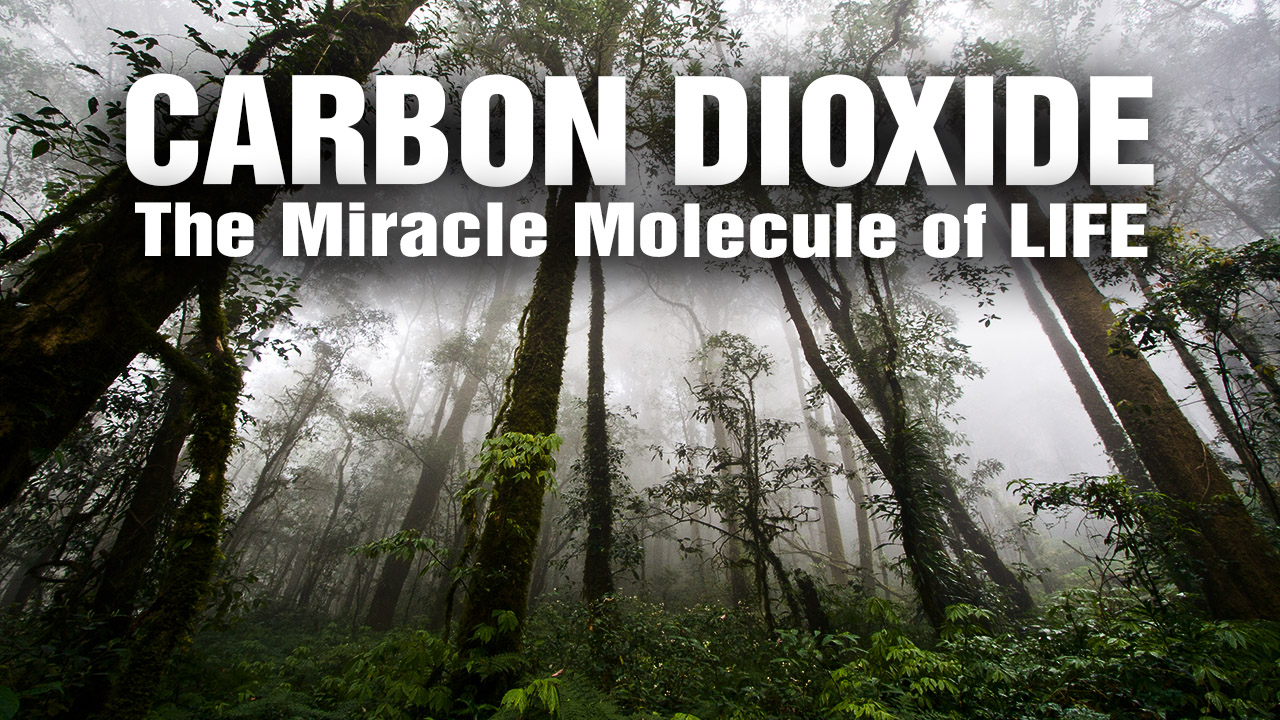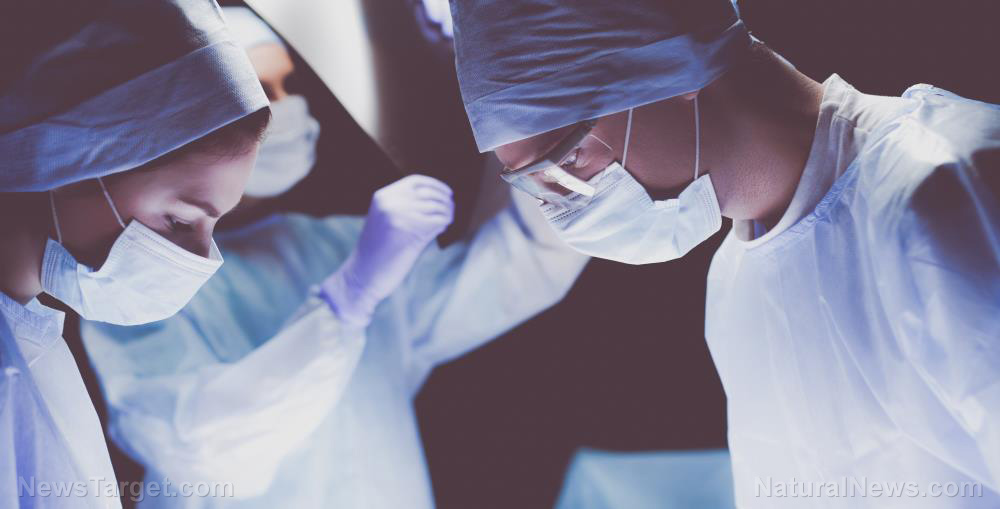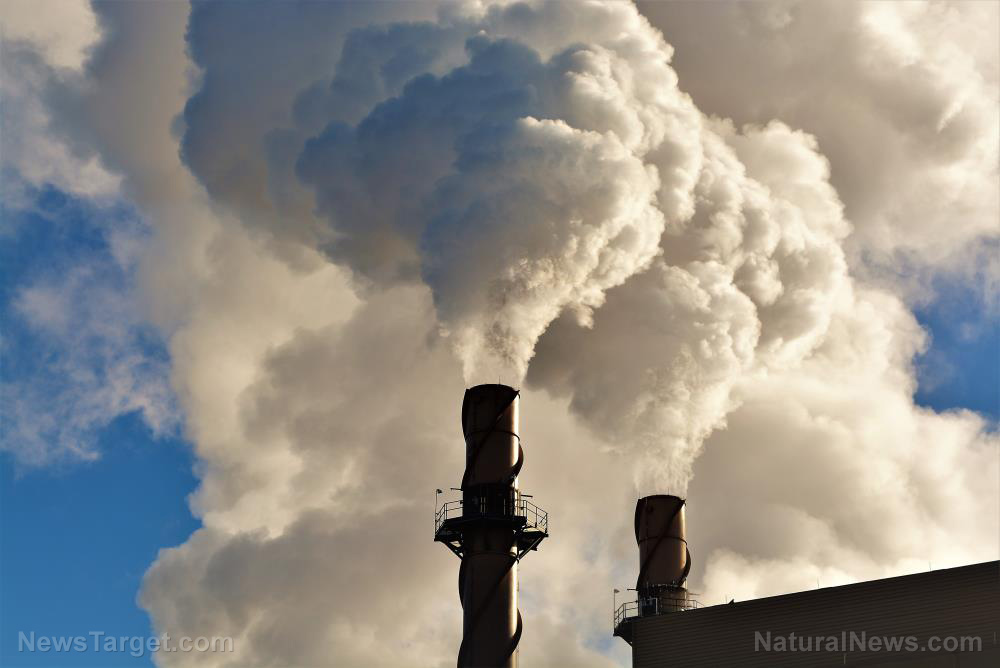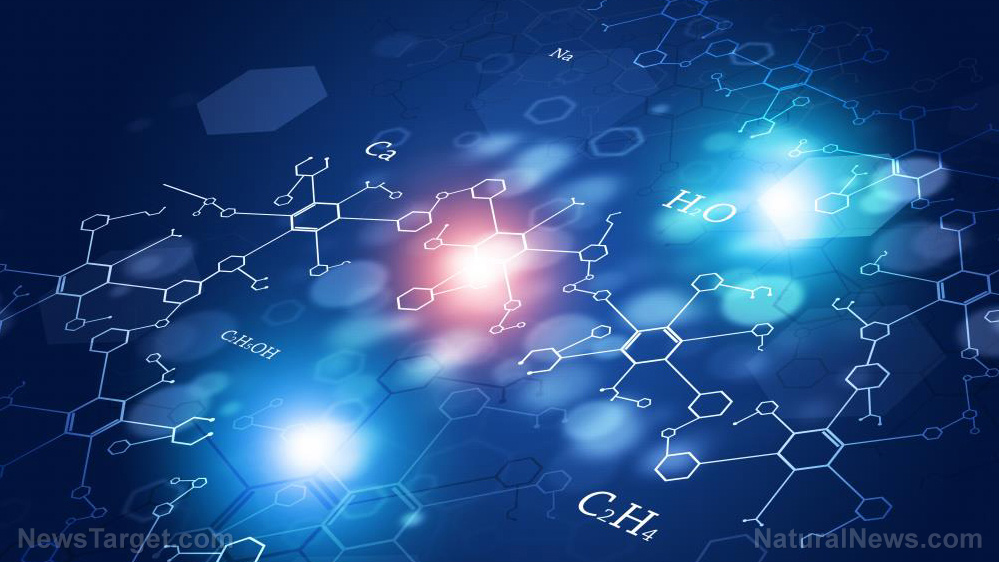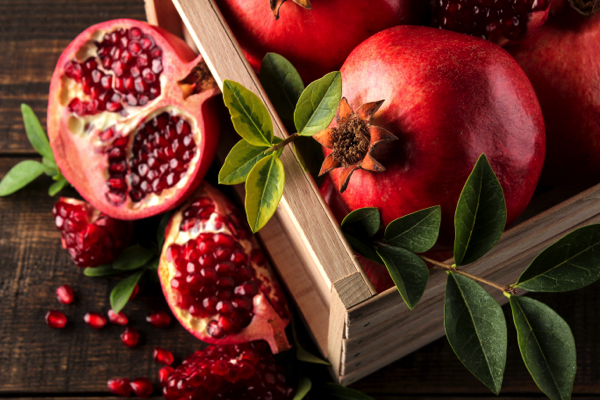New super-enzyme “eats” plastic six times faster
10/15/2020 / By Divina Ramirez

Scientists have created a super-enzyme that can degrade plastic bottles up to six times faster than a previously discovered plastic-eating enzyme. The synergistic enzyme “cocktail” combines PETase and MHETase.
These enzymes are produced by Ideonella sakaiensis, a bacterium that has evolved the ability to eat polyethylene terephthalate (PET), a strong, synthetic fiber used in creating plastic drinking bottles.
Combined, PETase and MHETase are able to degrade plastic faster than PETase alone. PET takes centuries to degrade in the environment, but this development could help speed up that process.
Lead co-author John McGeehan from the University of Portsmouth in England said that this latest development represents a huge leap in using enzymes to reduce plastic pollution.
Their findings appeared online in the journal PNAS.
Building on earlier breakthroughs
In 2016, a team of Japanese researchers found a species of bacteria that could break the molecular bonds of PET. Later named I. sakaiensis, tests revealed that it was able to degrade a thin film of PET within six weeks at a temperature of 86 F.
The mechanism behind the plastic-eating action of the bacterium is simple. Upon latching onto a piece of PET plastic, the bacterium secretes PETase to break down its surface. It then secretes MHETase to convert the plastic into its basic building blocks, a process that would otherwise take centuries.
Having jumped off of the Japanese research team’s discovery, McGeehan and his colleagues developed an engineered version of the first enzyme, PETase, in 2018. This new and improved PETase was able to eat plastic within a week.
For their latest research, the team mixed PETase with MHETase and found that the two were able to break down PET plastic twice as fast as the engineered PETase alone. Following the success of this experiment, the team then proceeded to stitch the two together, forming one long chain.
Tests revealed that linking PETase with MHETase allowed them to break down plastic three times faster than the original PETase. However, the process is still too slow for reducing plastic pollution at a larger scale, or in collaboration with companies that specialize in environmental solutions.
Elaborating on the success of their experiments, McGeehan said that their super-enzyme has immense potential. “You get the original building blocks back,” he added, noting that these building blocks can then be used again, thus reducing the need to produce more plastic in the first place.
Given the current limitations of their super-enzyme cocktail, the researchers are now conducting further experiments on hundreds of enzymes in a bid to create better and faster plastic-eating combinations for commercial or large-scale use in the future.
Mitigating plastic pollution
Plastic pollution is a pressing problem around the globe for health experts and environmentalists alike. In 2019, for instance, plastic food packaging turned out to be the most abundant trash found along beaches, replacing cigarette butts as the top litter for the first time in over three decades.
The pervasive presence of plastic in the environment could have dire repercussions for marine animals. Time and again, biologists find plastic pieces lodged inside beached marine mammals and turtles. (Related: Plastic pollution is killing beneficial bacteria in the ocean that help us breathe.)
From creating biodegradable food packaging to conducting annual large-scale beach cleanups, scientists and environmental groups alike continue to look for solutions that could address the global plastic pollution crisis.
While large-scale efforts are needed to reduce a significant chunk of plastic waste in the environment, the good news is that breakthroughs like that of McGeehan and his colleagues could be an indication that experts are beginning to catch up with plastic pollution.
Read more articles about the environmental impact of plastic pollution at Environ.news.
Sources include:
Submit a correction >>
Tagged Under:
biotechnology, breakthrough, discoveries, environment, future science, innovation, plastics, research, super enzyme
This article may contain statements that reflect the opinion of the author
RECENT NEWS & ARTICLES
COPYRIGHT © 2017 REAL SCIENCE NEWS

